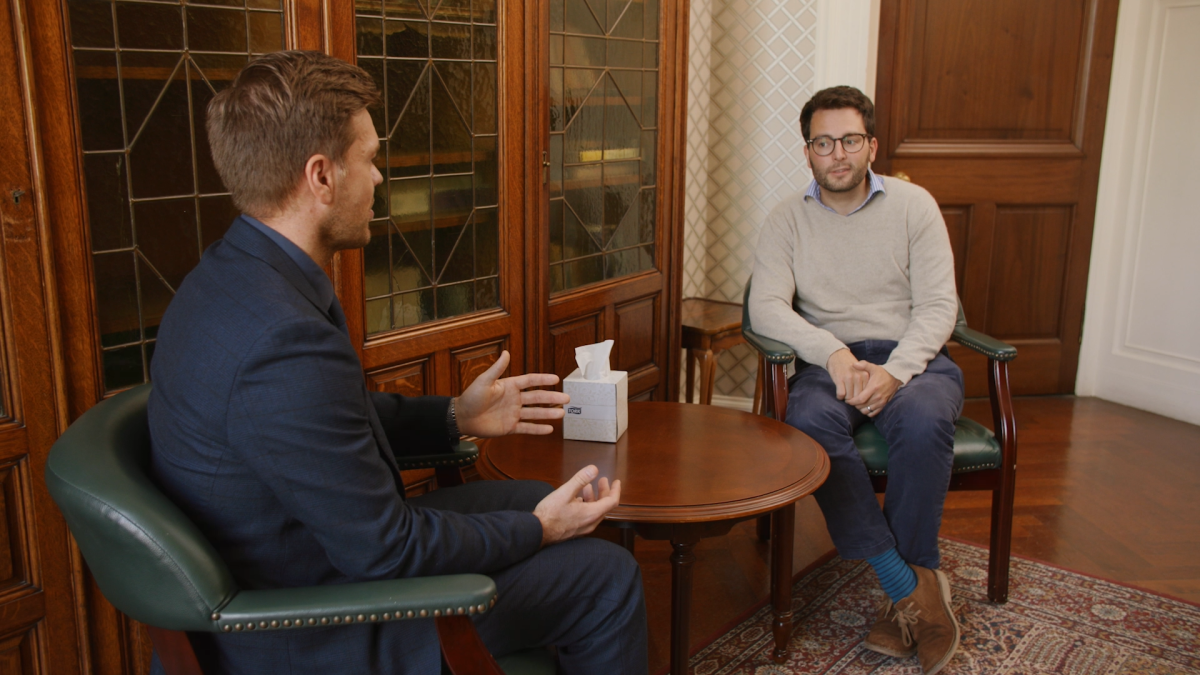
Excessive alcohol consumption is known to cause damage to both physical and mental well-being, especially if consumed regularly or in large amounts. More so, it can lead to a lowered immune response, particularly when combined with stress. Let us understand in this article how excessive alcohol and viral infections are interlinked.
Table of Contents
Professor Jonathan Chick, highlights the important of avoiding regular heavy drinking and heavy drinking sessions. Reducing or ceasing heavy drinking should improve immunity within days, (except in the case of liver damage).
It is advisable to take extra precautions to keep ourselves and each other safe. As there is no known cure for the virus at the moment, the best we can do is keep our health in good shape to be able to fight it off, should we get sick. Taking care of your immune system will help you get over any viral illness quicker. Reducing, or better yet, eliminating alcohol intake can have a significant impact.
Does Excessive Drinking Weaken the Immune System?
Weakening the immune system is one of many negative effects heavy alcohol consumption has on the body. The mechanism is not fully understood and other factors such as age, gender, diet, and state of general health may play a part.
Some studies have shown that, in moderation, certain alcoholic beverages such as wine and beer can actually decrease inflammation in the body. But at the same time, other studies suggest that even moderate consumption can do damage.
One drink has negligible effects on the immune system response, but three drinks or more have significant effects. At intoxication levels, the immune system begins to function very poorly.
Chronic, heavy drinking has been proven to lower the body’s ability to fight off infections. Long-term, excessive alcohol consumption has a lasting effect on the immune system. Even one episode of binge drinking can cause mild damage.

How High Alcohol Consumption Influences the Immune Response
Firstly, alcohol decreases the ability of your white cells (which fight off infections) to function properly. Heavy drinking can worsen this, as can other alcohol-related conditions, such as liver disease.
Secondly, alcohol tends to damage the digestive system, which includes the gut microflora. Any increase in inflammation in the body, from alcohol or otherwise, can kill off the good bacteria. This is not good, as it helps us digest food and absorb nutrients. The well-being of our digestive system is directly tied to our immune response. So, any changes in our digestive tract also change our ability to fight off viral and bacterial infections.
Thirdly, alcohol is known to damage the cells in your intestines, which can lead to malnutrition. We all know that a poor diet or lack of nutrients can wreak havoc on one’s health, especially the immune system.
And lastly, alcohol may also affect the lungs’ immune system, making one more prone to respiratory infections such as pneumonia and COVID-19. This can also be worsened if the person is a smoker.
Professor Jonathan Chick, Medical Director at Castle Craig Hospital says:
“Heavy drinkers have lower immunity to viral and bacterial infections than abstainers or light drinkers. This is particularly when the liver has been damaged by alcohol. Specific research on immunity to corona-type virus infection and alcohol has not been published yet, but a likely added protective factor in the current COVID-19 epidemic is to avoid regular heavy drinking and heavy drinking sessions. Reducing or ceasing heavy drinking will probably improve immunity within days, although if the liver is damaged this improvement would be much slower.”
Alcohol and the Coronavirus
Since the coronavirus (or COVID-19) is a novel development, there is no research specifically tied to the virus and alcohol consumption. However, since COVID-19 is a type of the coronavirus family, the same as the common cold and multiple respiratory diseases, it is reasonable to presume that the same rules apply.
Because heavy drinking lowers the immune system and can worsen the lungs’ health, it is advisable to cut down on alcohol consumption during a viral respiratory pandemic. Heavy drinking not only makes you more susceptible to getting the infection but also makes it harder for your immune system to fight it off.
Aside from alcohol’s direct effects on the body, keep in mind that alcohol also affects judgement. This means you’re less likely to follow rules or basic hygiene, you might not eat as healthily (thus, leading to poor nutrition), and you are more likely to engage in other risky activities, all of which can increase your chances of getting sick.
The European arm of the World Health Organization (WHO) recently said relying on alcohol to alleviate stress and anxiety is an ‘unhelpful coping strategy’.
Can Drinking Alcohol Cure Coronavirus?
WARNING: Alcohol is NOT a Cure for COVID-19
If you have heard that alcohol kills the coronavirus, understand that this refers to alcohol-based hand sanitiser – which is not made for human consumption. Drinking any type of alcohol will not help to prevent or cure the coronavirus. Only 60%+ alcohol, which is far above most beverage alcohols, can destroy the virus and only on surfaces. Since alcoholic beverages are normally 40% ABV or less, they are technically not suitable even as a disinfectant.
Free Confidential Addiction Assessment
Taking the first step towards seeking help can be very difficult, our team is here to help you.
How Long Does It Take for the Immune System to Recover if You Drink Heavily?
If you’re a regular drinker and stop altogether, your immune system will generally start to improve within a few days. It can take a week or more, however, if you have other underlying conditions, such as liver damage. The longer you have been drinking, the longer it may take to get back to normal. A full recovery will take time and ongoing sobriety.
If you normally don’t drink and engage in one binge-drinking session, your immune system is likely to be suppressed for a few hours to a day. Again, it depends on your overall well-being.
What Underlying Health Conditions Can Alcohol Affect?
In addition to immune suppression, alcohol can lead to, or worsen a number of physical health issues and other bacterial and viral infections including:
- Pneumonia
- ARDS (acute respiratory distress syndromes)
- Liver disease
- Pancreatitis
- Diabetes
- High blood pressure
- Cardiovascular diseases
- Leaky gut syndrome
- Cancer
- Ulcers
- HIV
- Hepatitis B, C
It’s been reported that people who have the hardest time recovering from the coronavirus are ones with underlying conditions, some of which are mentioned above. Hence, if you are concerned about the coronavirus, it is best to reduce or abstain from alcohol for the time being.
Treatment for Alcoholism
Please keep in mind that if you have been regularly drinking in significant amounts, stopping suddenly can be dangerous. Should you find that you have trouble quitting drinking, you can call Castle Craig for advice or a free alcohol screening assessment.
Seek Self-Help
The first line of advice, when it comes to addressing problematic drinking, is to attend an Alcoholics Anonymous (AA) meeting or pay a visit to an addiction rehab clinic. However, with the government now urging everyone to stay at home, most meetings have gone online, and other centres may be harder to access.
References:
- Prog Neuropsychopharmacol Biol Psychiatry. 2016 Feb 4;65:242-51. doi: 10.1016/j.pnpbp.2015.09.001. Epub 2015 Sep 14. Opposing effects of alcohol on the immune system. Barr T1, Helms C2, Grant K2, Messaoudi I3.
- Alcohol Res. 2015;37(2):159-70. Alcohol’s Effect on Host Defense. Szabo G1, Saha B1.
Experts You Can Trust
With a wealth of knowledge and services to help you regain control of your life, request a call-back from one of our professionals today. The choice you make today could change your life forever.

